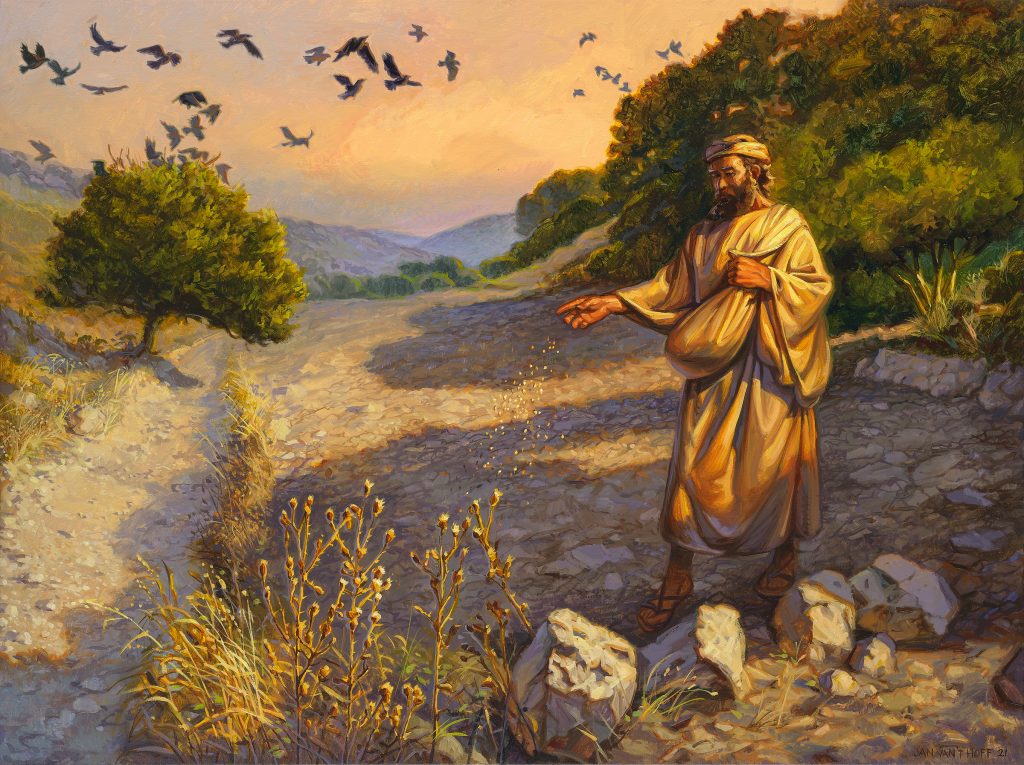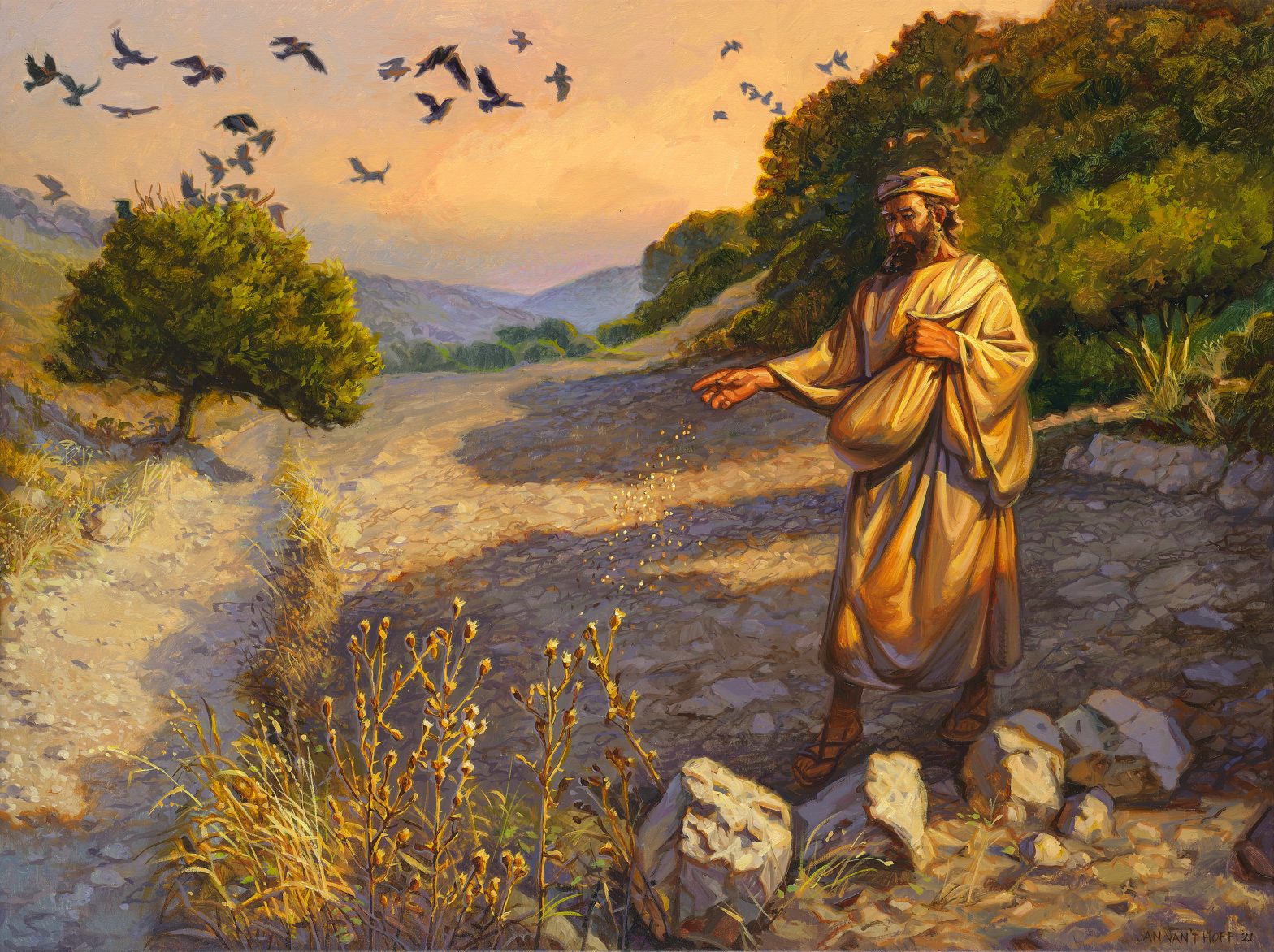
As someone has said, “Whatever else is true of Jesus, it is certainly true that he was one of the world’s supreme masters of the short story.” But why Jesus used this method and what are the great teaching advantages which it offers?
(a) The parable always makes truth concrete. There are very few people who can grasp and understand abstract ideas; most people think in pictures. We could for long enough try to put into words what beauty is, and at the end of it no one would be very much the wiser; but if we can point at someone and say, “That is a beautiful person,” no more description is needed. We might try for long enough to define goodness and in the end leave no clear idea of goodness in people’s minds; but everyone recognizes a good person and good deed when he sees them. In order to be understood, every great word must become flesh, every great idea must take form and shape in a person; and the first great quality of a parable is that it makes truth into a picture which all men can see and understand.
(b) It has been said that all great teaching begins from the here and now in order to get to the there and then. If a man wishes to teach people about things which they do not understand, he must begin from things which they do understand. The parable begins with material which every man understands because it is within his own experience, and from that it leads him on to things which he does not understand, and opens his eyes to things which he has faded to see. The parable opens a man’s mind and eyes by beginning from where he is and leading him on to where he ought to be.
(c) The great teaching virtue of the parable is that it compels interest. The surest way to interest people is to tell them stories. The parable puts truth in the form of a story; the simplest definition of a parable is in fact that it is “an earthly story with a heavenly meaning.” People will not listen, and their attention cannot be retained, unless they are interested; with simple people it is stories which awaken and maintain interest, and the parable is a story.
(d) The parable has the great virtue that it enables and compels a man to discover truth for himself. It does not do a man’s thinking for him; it says, “Here is a story. What is the truth in it? What does it mean for you? Think it out for yourself”.
There are some things which a man cannot be told; he must discover them for himself. Walter Pater once said that you cannot tell a man the truth; you can only put him into a position in which he can discover it for himself. Unless we discover truth for ourselves, it remains a second-hand and external thing; and further, unless we discover truth for ourselves, we will almost certainly forget it quickly. The parable, by compelling a man to draw his own conclusions and to do his own thinking, at one and the same time makes truth real to him and fixes it in his memory.
(e) The other side of that is that the parable conceals truth from those who are either too lazy to think or too blinded by prejudice to see. It puts the responsibility fairly and squarely on the individual. It reveals truth to him who desires truth; it conceals truth from him who does not wish to see the truth.
(f) One final thing must be remembered. The parable, as Jesus used it, was spoken; it was not read. Its impact had to be immediate, not the result of long study with commentaries and dictionaries. It made truth flash upon a man as the lightning suddenly illuminates a pitch-dark night. In our study of the parables that means two things for us.
First, it means that we must amass every possible detail about the background of life in Palestine, so that the parable will strike us as it did those who heard it for the first time. We must think and study and imagine ourselves back into the minds of those who were listening to Jesus.
Second, it means that generally speaking a parable will have only one point. A parable is not an allegory; an allegory is a story in which every possible detail has an inner meaning; but an allegory has to be read and studied; a parable is heard. We must be very careful not to make allegories of the parables and to remember that they were designed to make one stabbing truth flash out at a man the moment he heard it.
